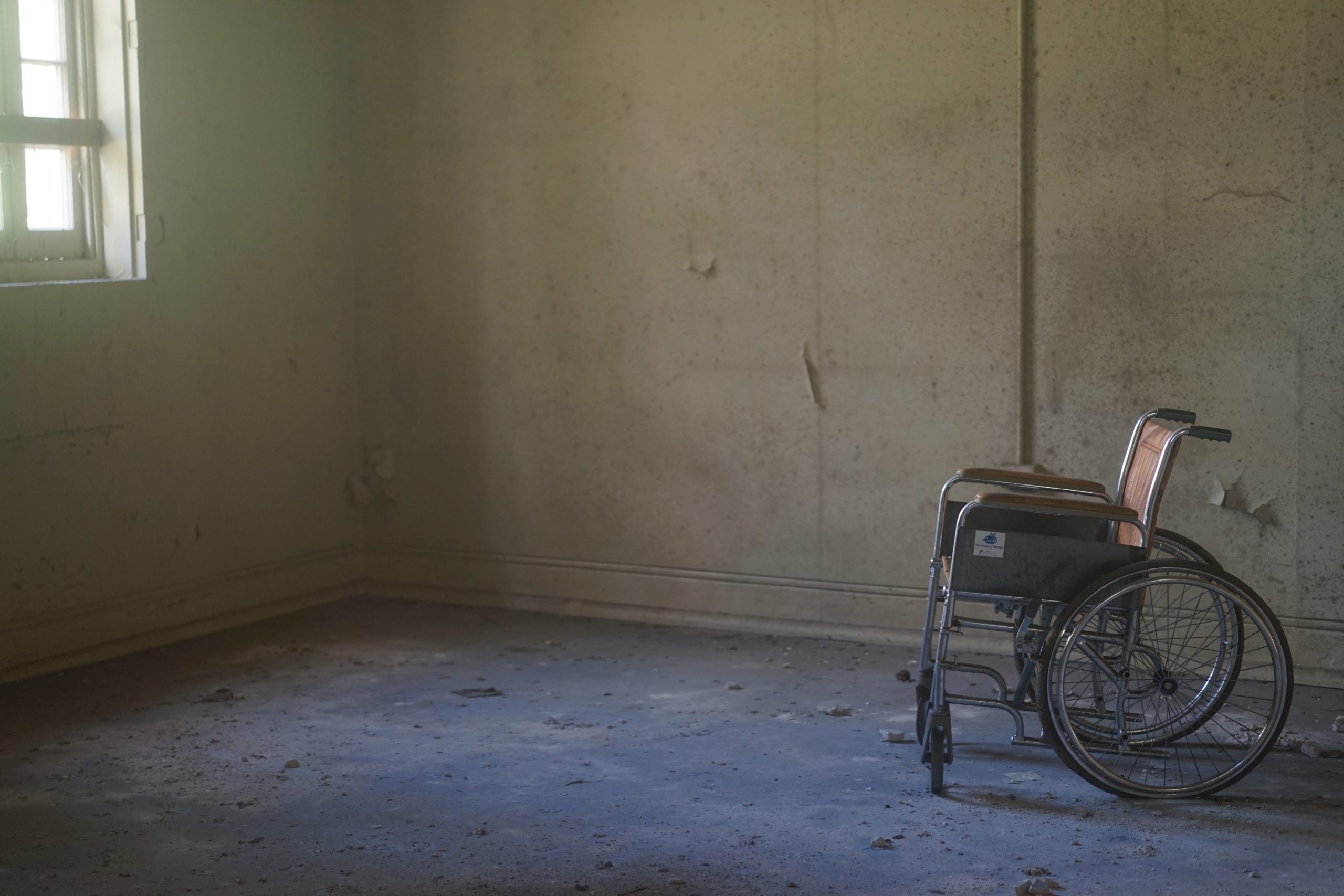Today marks 3,653 days of senseless violence and untold suffering in Syria’s brutal civil war. The conflict has decimated the country’s healthcare system and left 12 million Syrians in need of health assistance as the COVID-19 pandemic ravages the region. As in previous years, the world’s top diplomats will convene in Brussels (albeit virtually) this month for another conference to pledge billions in humanitarian aid. Yet no matter the price tag, it’s not funds that will cease or even deter attacks on patients, paramedics and physicians. Instead, the crisis in Syria demands a complete reboot of how grave violations of international law have been approached and remedied by the international community.
Although health facilities are protected from attack under international law and should be safe havens, they have become some of the places people fear the most in Syria. Ambulances and hospitals have been struck and rendered out of service whilst nurses and doctors have been harassed, detained and disappeared. Over 595 attacks on at least 350 health facilities were documented in the last decade. In the early days of the war, each brutal attack on civilians was met with UN Security Council condemnation and global outcry. Ten years on, that uproar has dimmed to a whisper.
Ultimately, the problem is not one of monitoring of and reporting on these violations, but one of compliance by state and non-state actors alike. To the credit of multilateral diplomacy, a slew of mechanisms have been established to investigate abuses under international law. From the Independent International Commission of Inquiry (CoI) to the International, Impartial and Independent Mechanism (IIIM), international organizations – with the support of civil society and human rights groups – have meticulously documented a pattern of deliberate and systematic targeting of hospitals. Yet even a system of humanitarian notification could not safeguard Syrian health facilities from regular bombardment and shelling.
Attacks on health facilities and personnel continue because the parties involved in Syria’s war have long since discarded the principle of humanity, kicking off a death spiral toward total impunity.
Attacks on health facilities and personnel continue because the parties involved in Syria’s war have long since discarded the principle of humanity, kicking off a death spiral toward total impunity. The brutality inflicted by the Syrian government and its allies has been matched by non-state armed groups who also prey on civilians. Impunity was once a means through which government forces crushed demonstrations in the early days of the uprising. Now, it has become the end game. The crippled and crumbling healthcare system is only one striking example of the consequences.
The climate of impunity surrounding Syria has taken a large-scale psychological and physical toll on the population. According to new research by the International Rescue Committee (IRC) and its Syrian partner organizations, a majority of Syrians in the northwest region of the country report being afraid to access health care due to attacks. Meanwhile, health workers rated attacks on health one of the top challenges to providing health care, second only to lack of availability of medications. All of this deters Syrians from seeking preventive treatment and regular support as well as trauma care, further exacerbating needs within communities.
On a wider scale, such impunity has challenged the very legitimacy and effectiveness of international human rights law, international humanitarian law and international criminal law. And it has laid bare the failings of the international organizations originally established to reinforce these obligations. What good does documenting attacks on hospitals do if the UN Security Council or individual member states are unwilling or unable to act decisively to halt them all together?
Syria’s grim anniversary demands a new course of action in which the international community reasserts the primacy of humanity and puts civilian protection at the heart of global policymaking. This starts with linking up the various accountability mechanisms that investigate and attribute blame for attacks on health facilities, other civilian infrastructure and civilians. It also requires enforcement of the very UN Security Council resolutions which compelled the international community to establish these systems in the first place. Member states must raise the costs of non-compliance and draw on the coercive powers of these organizations to reverse the tide of impunity.
This month’s milestones offer sufficient cause for renewed diplomatic action on Syria. Redressing the wrongs compounded over a decade of war is a necessary means of securing future peace and justice as well as deterring subsequent violence. Syria’s future and the lives of its courageous healthcare workers – and its people within its borders and beyond them – depend on it.
Rachel Sider is a researcher and humanitarian policy specialist focused on civilian protection in the Middle East. She is the principal author of IRC’s report “A Decade of Destruction: Attacks on health care in Syria” and a Master of Public Policy Candidate at the University of Oxford’s Blavatnik School of Government.





















